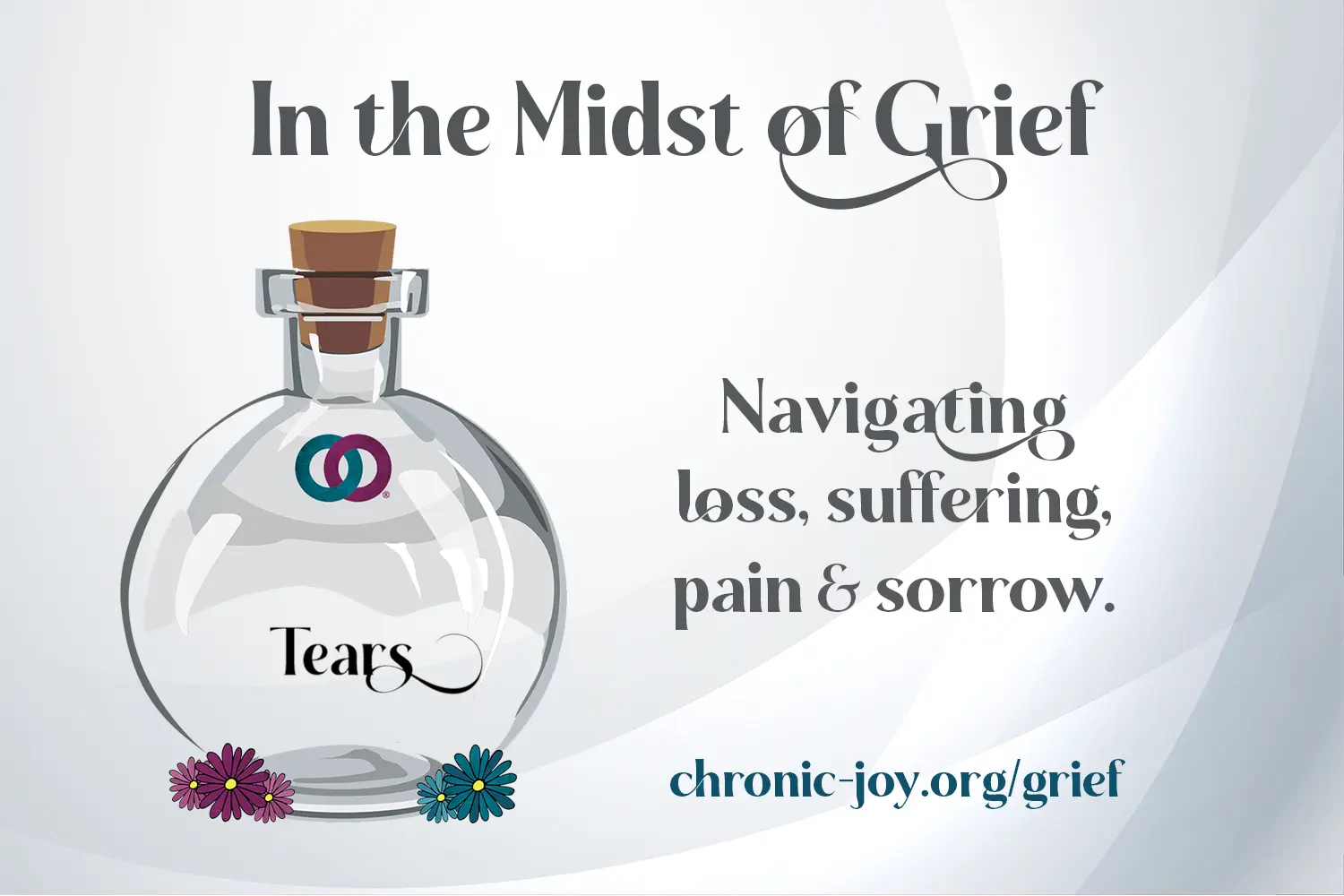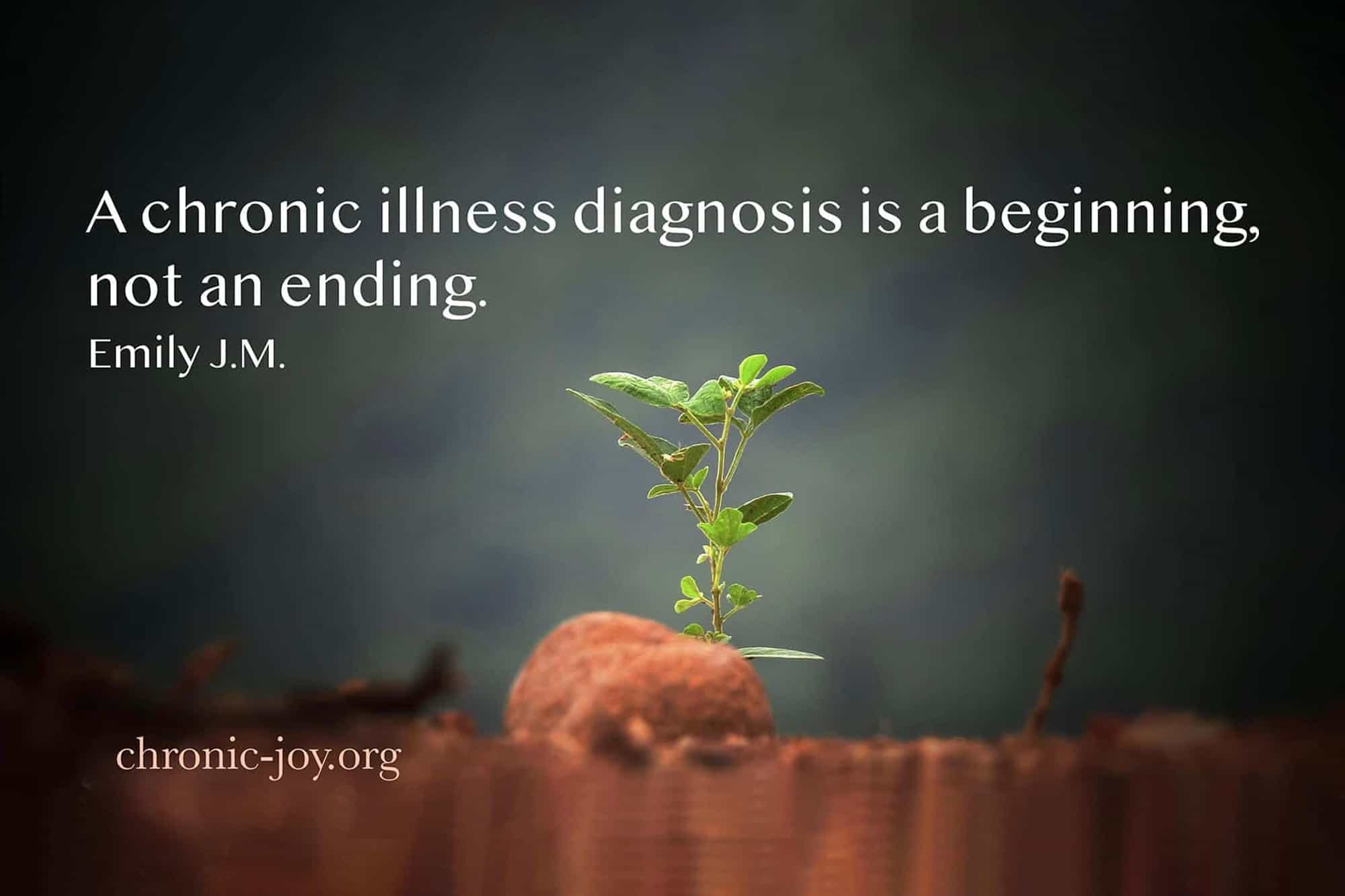DO NOT JUDGE – MINDSET, NOT METHOD
How do you respond when a family member or friend is diagnosed with a chronic illness? How can you support them in their grief?
There are many practical, emotional, and spiritual ways you can (and should!) love and care for them – but I think one thing is most important. It’s a mindset, not a method: Do not judge.
EVERYONE’S DIAGNOSIS IS DIFFERENT
The diagnosis comes quickly for some people – a lightning shower swooping out of nowhere, tearing the sky apart. One moment, they are healthy and happy – the next, they’re crying in pain and fear.
For others, diagnosis is gradual – like following a paper trail, picking up pieces of the puzzle one at a time until everything makes sense and the sneaking suspicion is confirmed.
It’s important to remember that however a chronic illness diagnosis begins, it still must be lived through, and this can take a very long time.
WE MIGHT BE THERE OR WE MIGHT NOT
Sometimes, it feels good to be there at the moment of discovery so we can put an arm around our sick family member and feel like we are doing something. It is a (hard) gift to be able to weep with them and pray for them.
Not all of us will receive that chance. Sometimes, we won’t meet our sick friends until after their diagnosis, and that pivotal moment will be a thing of the past. Perhaps we will enter their lives even a decade or two past diagnosis and find ourselves struggling to understand not only the illness but also the highs and lows of the intervening years.
In these cases, it’s easy to feel like we have a lifetime of catching up to do. Yet there’s no glory or shame with either of these scenarios. Both have their burdens and their joys.
IT MIGHT BE AWFUL, OR IT MIGHT BE OKAY
There’s nothing quite like the moment of diagnosis – life is torn up, shaken wildly, and returned upside-down and back to front. It can shock our loved ones when horror overcomes propriety, and their world begins to crumble. It can also be a quiet moment of realization and relief in which our loved one is finally allowed to place their pain into labeled boxes, and life can go on (on the surface, anyway).
We must remember that it is not up to us to judge our family member’s diagnosis. No ideal scenario exists. There is no prize for heartbreak.
EVERYONE’S REACTION IS DIFFERENT
We’ve all been schooled in 21st-century political correctness. While we know that everyone reacts differently to trauma and that all reactions are valid, it’s easy to be outwardly accepting but inwardly critical. It’s frustrating when someone doesn’t respond how we think they should or think we would. Sometimes, I think that while we say we understand their grief, we secretly wish they would hurry up and accept the diagnosis because it would make our lives a whole lot easier!
Perhaps our loved ones seem too blasé about their diagnosis, maybe too distraught, too over-the-top. Perhaps they are refusing to accept help, leaving us feeling helpless and annoyed. What if they are denying their diagnosis altogether? (In this situation, do we feel as inclined to remember that their response is valid?)
It’s tempting to wish our sick friend would simply soldier on, overcome all odds, retain their optimism, and achieve a happy finale within a few hours – but that’s film, not life.
THE ONE RULE IN A DIAGNOSIS – MINDSET, NOT METHOD
There is no room for judgment in a diagnosis.
How can we dare to suggest that one person’s diagnosis story is superior to another’s or that our sick family member is responding wrongly?
Of course, some reactions are healthier than others (just as clinging to God is far better than turning away from Him), but is it our role to judge our chronically ill loved one – to resent an undramatic diagnosis or secretly bridle at a ‘selfish’ response?
THE DIAGNOSIS RULE APPLIES TO US
Let us not look at our loved one’s diagnosis – or our loved ones – with critical eyes. It’s easy to do, but we are called to love – and love leaves no room for judgment.
Also, let’s not look back at our responses with critical eyes. It’s easy to feel that we ought to have been stronger, wiser, more supportive, less critical – and perhaps we could have been! Just as our sick family member isn’t perfect, neither are we. In diagnosis, we have the unique opportunity to embrace vulnerability, turn to our Savior, and ask Him to be everything we are not.
We also have the unique opportunity of a second chance. A chronic illness diagnosis is a beginning, not an ending. There will be many opportunities for us to practice the one rule: do not judge; instead, love. It’s mindset, not method.
First published at calledtowatch.com. Published with permission.


Emily J. Maurits
Contributing Writer
After working for several years in public health, Emily is studying theology. She believes we are all called to love suffering people because it is what Jesus did. She is passionate about equipping and encouraging others to do just that and founded calledtowatch.com for the family and friends of those with chronic illness. As well as uncovering God's presence in the chaos of life, she enjoys reading, running, and writing. Check out her memoir Two Sisters & a Brain Tumour.

In the Midst of Grief
(Navigating loss, suffering, pain, and sorrow.)
Grief is no stranger to those of us affected by chronic illness, pain, and suffering. While there are no rules for grieving chronic loss, there is a road map, and fellow travelers are ahead and behind us on the journey. Grief often precedes growth.


Recent Comments